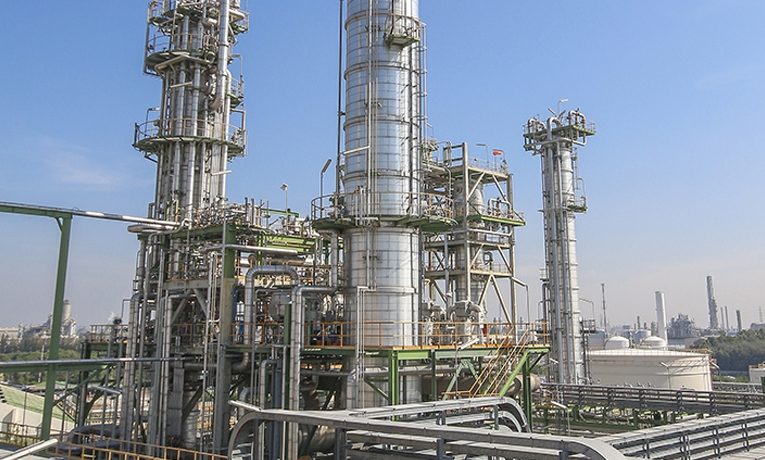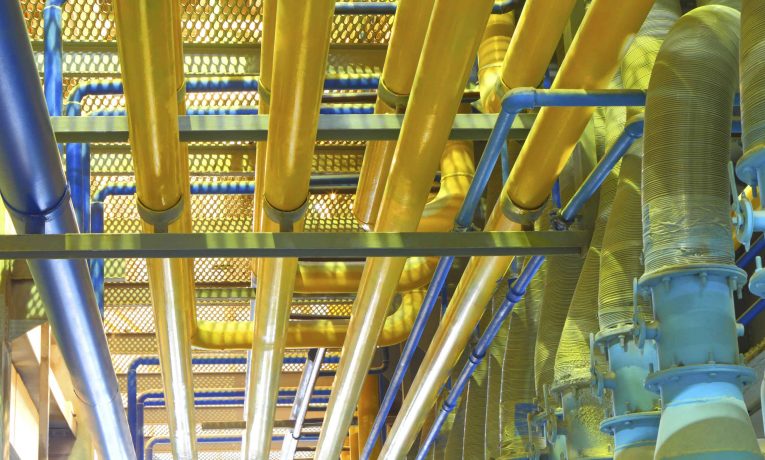The COVID-19 pandemic has challenged the energy industry in ways many of us have never seen. Last month’s International Energy Agency report shows worldwide refinery operation at 70% crude throughput. Business and trade journals report several operators are considering further cutbacks or shutdowns.
Some of the operators that we work with are practicing social distancing by putting nonessential activities on hold—running their facilities safely and in an environmentally friendly manner with key operating, maintenance, and critical support service personnel only.
As countries re-open, many may wonder what the timeline will be for a return to a “new normality.” Figure 1 highlights the results of Solomon’s multiyear benchmarking studies for the world. Larger, more complex refineries will have a higher EDC®. As shown, facilities were and still are staffing over a wide range of performance.
Maintenance personnel costs are a large part of operating expense, dependent on owner philosophy and local market skilled craft availability. Non-turnaround contractor maintenance also affects non-maintenance costs, including operator work permitting, accounting and purchasing, janitorial, security, IT and HSE support.

Figure 1. Solomon Multiyear Benchmarking Studies Results
Definitions:
EDC®: Solomon’s proprietary metric to normalize configuration, size, and complexity.
EDC® is based on operating expense correlations.
As a “new normality” unfolds and operators return to more typical staffing levels, we recommend reaffirming or implementing reliability strategies and methods. Observations made during reduced throughput may be valuable for equipment monitoring and maintenance planning. With the priority on safe, compliant, and reliable operation, clients should also consider pausing staff additions at lower contract maintenance staffing levels (reprioritizing maintenance work and performance of said work) to see if this strategy works for them. The optimum staffing level for a given site may actually be lower than the level prior to the COVID-19 pandemic. In our experience, operators with poor maintenance performance may have more maintenance workers than they can efficiently and effectively supervise.
Subscribe to receive periodic emails based on your area(s) of interest: Refining, Chemicals, Upstream, Midstream, Power Generation, Reliability & Maintenance.

.jpg)







.jpg)
-updated.jpg)
-updated.jpg)
.jpg)
-updated.jpg)
-updated.jpg)
.jpg)
.jpg)
.jpg)


.jpg)
.jpg)
.jpg)
.jpg)
.jpg)
.jpg)
.jpg)
.jpg)
.jpg)
.jpg)
.jpg)
.jpg)
.jpg)
.jpg)
.jpg)